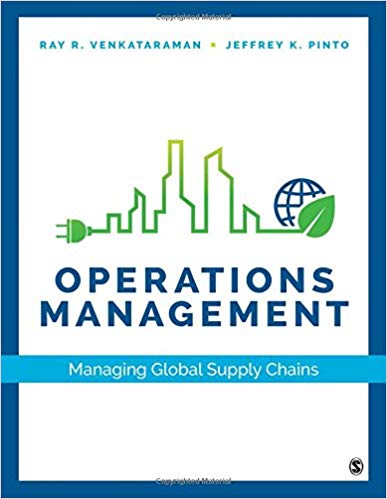Hermes is very special. By a fluke of nature, exactly one-half of the plots have high productivity
Question:
Let's calculate potential output on the planet Hermes. One way to define this concept is to say that potential output is the amount the economy would produce if the monetary system the economy uses to conduct its transactions did not interfere with decisions about production.
For example, suppose that long ago, a wise Hermetian elder proposed the following simple rule, designed to make sure that potential output would always equal actual output: "Each week, if your plot has high productivity, come to the central square in town and wait for someone to volunteer to help you. If your plot has low productivity, go to the square and volunteer to work for someone waiting there."
To see what can go wrong with a system like the one proposed by the elder, suppose everyone else is following the rule of the elder except for a crafty Hermetian named Harry. Secretly, Harry decides to show up at the square and ask for volunteers no matter how productive his plot is. In weeks when he actually has a low productivity plot, he lies to the people he sees there, saying that he just happens to be lucky and repeatedly has high productivity on his plot of land. In effect, he tries to get others to work for him without ever doing any work himself.
Suppose that over a 12-week interval, Harry has six weeks during which his productivity is high and six during which it is low. How much more goo would Harry collect if he always went to the square and waited for someone to volunteer to work with him instead of taking his turn and volunteering when his plot has low productivity? (Remember that the person who owns the plot always keeps all the goo the pair harvests from it. Also, to keep things simple, assume that Harry is always able to get a volunteer.)
a. 16 grams of goo
b. 6 grams of goo per capita
c. 12 grams of goo
d. 24 grams of goo
e. 8 grams of goo
f. 1 gram of goo
g. 10 grams of goo
h. 20 grams of goo
Fantastic news! We've Found the answer you've been seeking!
Step by Step Answer:
Related Book For 

Operations Management Managing Global Supply Chains
ISBN: 978-1506302935
1st edition
Authors: Ray R. Venkataraman, Jeffrey K. Pinto
Question Posted:





